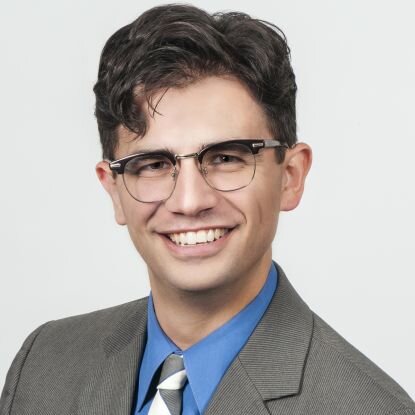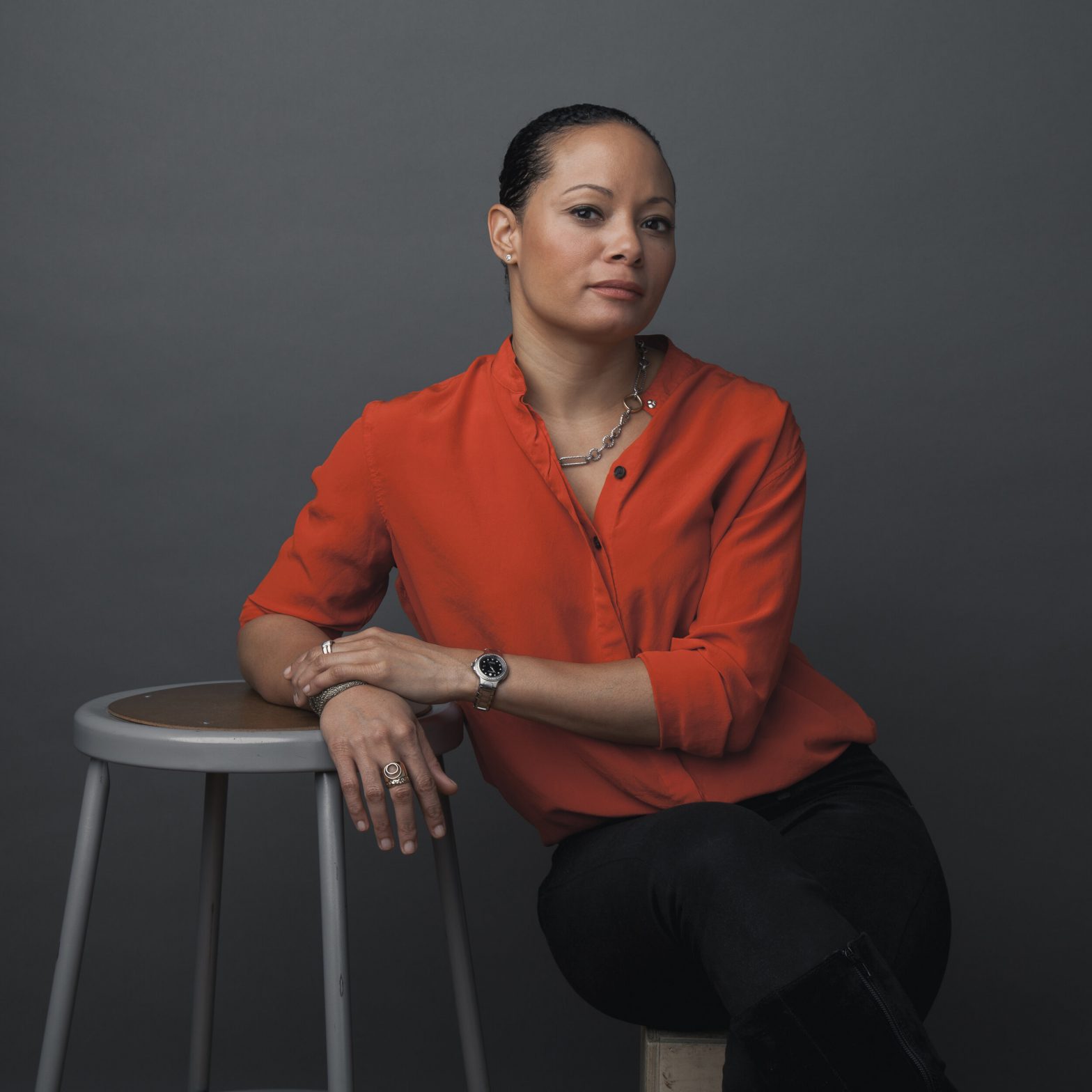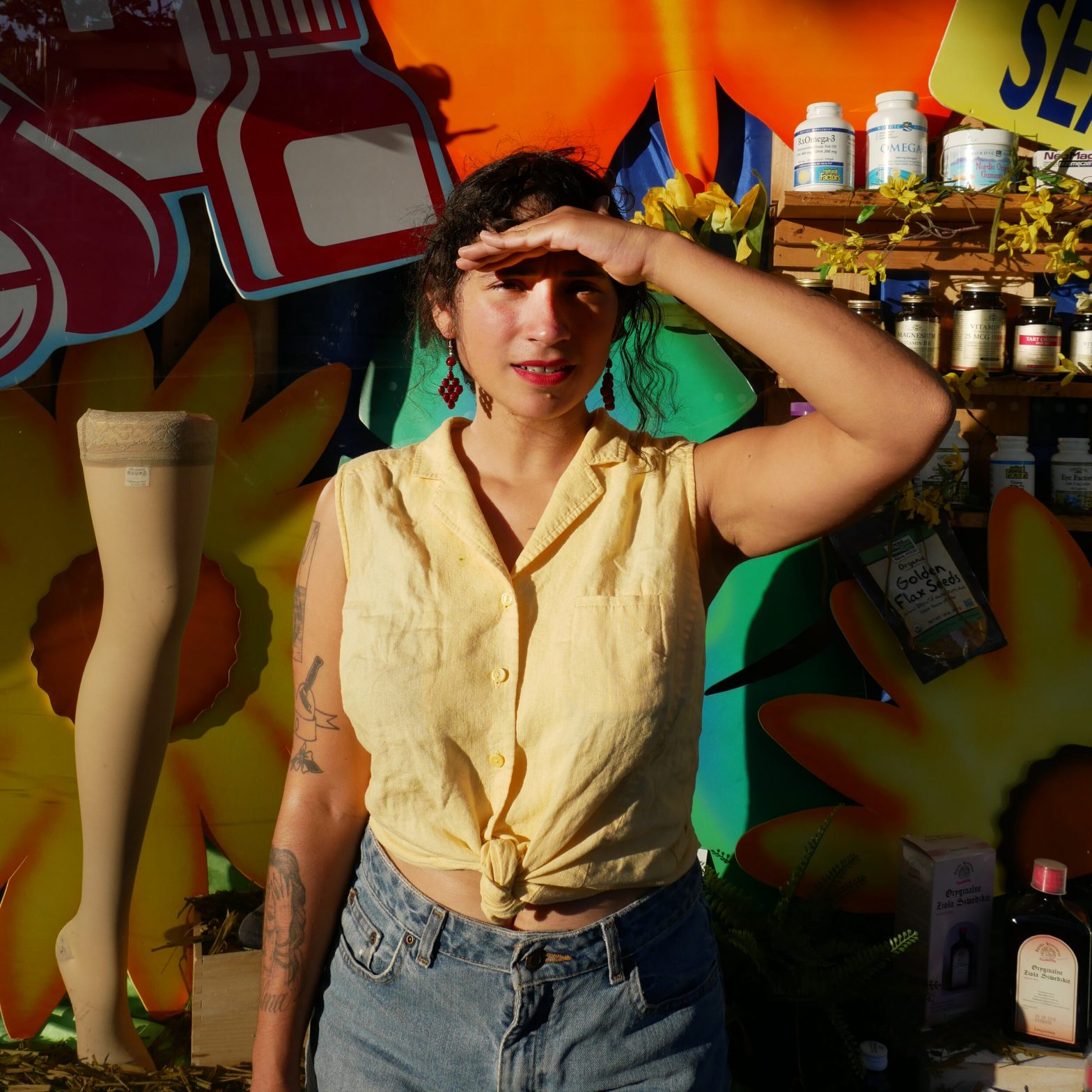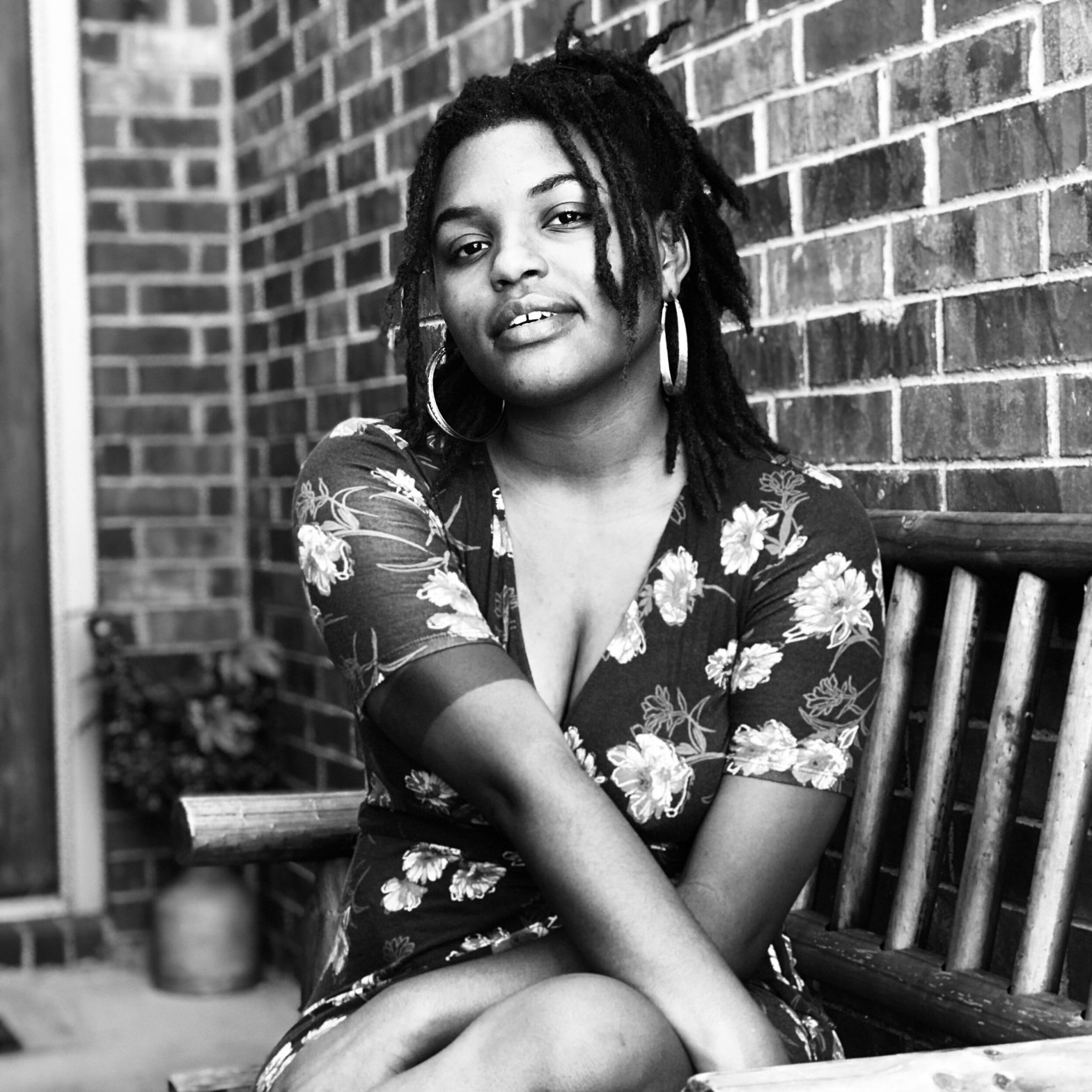Dan Portincaso Talks about his writing process, and projects he’s working on.
Interview by Sabrina Clarke
I met Dan Portincaso my first year of community college. Throughout the years at Waubonsee, he shaped me into the writer I am today and inspired me to follow my path into publishing, creative writing, and to attend Columbia College Chicago. The experience I gained from working as the president of the Creative Writing Club is invaluable. Through his inspiration and guidance, we put together a small group of people who were interested in writing as a hobby and became a recognized institution of the college.
Dan Portincaso primarily writes short stories, flash fiction, and “sometimes poetry,” with upcoming novels on the horizon. Among several other publications, his work has been featured in F(r)iction, the Hoot Review, and Pank. His passion in writing and teaching, and his interest in history and social justice inspires students and writers alike. He has worked in museums, as a fiction reader for PostRoad magazine, and Chicago Quarterly Review, as well as serving as managing editor of the Chicago Quarterly Review. He was also a panelist at the Association of Writers & Writing Programs conference in Portland, Oregon, in 2019 speaking about his experiences as a professor of creative writing at a community college, and discussing the benefits of giving overlooked people a voice. His website can be found here: https://danportincaso.com/
I met you through the Waubonsee Community College Creative Writing Club. Can you tell me a bit about that organization?
The Creative Writing Club is a student-run organization at the college. Every year a vibrant and growing number of students work to build a community of writers. They hold open mics, write-ins, writing contests, publish zines, attend AWP (Association of Writers and Writing Programs Conference), and publish the college’s literary magazine, Horizons. I am the faculty advisor for the club, and I assist them in any way I can to make their events and publications a success. I also travel with them to AWP and ensure that the publication process of Horizons meets professional standards, so the students come out of the experience ready for the publishing world.
Can you talk about the literary magazine, Horizons?
Over the years, I have worked to make Horizons a real training ground for students. The staff usually comes from the membership of the Creative Writing Club. Our masthead usually has anywhere from 15-20 students on staff in positions from editors-in-chief to selection editors. Each year we collaborate with a student graphic designer to build a unique vision, with about 130 pages of student writing and artwork. Students have gone on from the magazine to create and publish their own journals, succeed as professional graphic designers, and have even started careers as printers. We are currently working on building our web presence with a minimal website (www.waubonsee.edu/horizons) and expect to expand that footprint in the future with a Creative Writing Club website that includes a regular student blog in the near future.
How did your experience at Columbia College Chicago influence your writing and teaching?
The moment I first sat in the semi-circle of a fiction workshop changed me forever. The approach to learning and encountering the world that I learned at Columbia, opened my eyes to the possibilities in myself and in others. Through the Story Workshop method, I learned to understand my creativity and writing process so I could harness it to write fiction. At Columbia, I learned to really listen to words and to people. I can think of no greater skill for a writer than that of listening. It also happens to be a necessary skill for teaching. I have directly incorporated some teaching elements from Columbia into my own classroom. But I have also incorporated the spirit of free thought, expression, and creativity into all aspects of my life.
I know that your degree was focused in creative writing, not teaching. Has this influenced your teaching style?
It has. I approach every lesson I create like a workshop. My job as a professor is to stimulate students’ thinking and to start conversations and critical thought using words. If I had gone to school for teaching, my head would have been filled with pedagogical approaches which tend to have limited success in the college classroom. Instead, I see students as fellow writers who are simply less experienced. I teach using andragogy, which is about incorporating the student into the teaching process by telling them why they are learning what they are learning, and then provide them with a series of problems that they must creatively solve to receive a grade.
Do you ever struggle with writer’s block? Do you think it’s a myth?
I think every writer struggles with this. I don’t think it’s a myth, but I do think it is often mischaracterized. Writer’s block isn’t a tangible thing. It is a mental state. For a writer it can almost function like a disorder. It is a psychological hurdle where the writer has doubts, and their fears about writing consume them. Of course, the solution is to simply write through it. But, it’s not always that simple because that is like telling a person who is depressed to just be happy. So, the trick is to figure out how you can convince yourself to write through it. One strategy is writing as regularly as possible so that it feels as habitual as brushing your teeth or making dinner, so you don’t really think about writing, you simply do it. I find writer’s block hits me the most when I’m writing new work. So, a strategy I have developed is to switch to revision of other stories until I am in the right mental state to push through new work. After a while you will also develop concrete successes in your writing that you can look back on as evidence that all is not hopeless, the work will come, and it will be good.
What is your writing process? Is there a ritual you follow when you know it’s time to write?
Before I had a family, I used to write almost exclusively through the night. Now that I have a family and more demands on my time, I write whenever I can. During the summer, this means waking up very early and writing on my back porch. During the regular school year, I will often make time in the evenings. I don’t have any rituals other than I find music by Phillip Glass to be very stimulating, so I will often listen to it to flip on my writing switch.
Who are some of your favorite writers? Which have been inspirational to you?
These questions are so hard. I will inevitably forget writers that I should have remembered to list here. I love the inventiveness and brilliant worlds of Octavia Butler. I aspire to the depth of humanity in Toni Morrison’s work. I dream of writing like Kafka, whose voice and abstract characterization seem permanent and inevitable. Tomas Rivera’s directness with emotional, magical reality has inspired me for many years. One day, I hope to write prose that embodies the intensity of Bruno Shulz’s work. George Saunders, Hubert Selby Jr., Michael Cunningham, Sandra Cisneros, Dorothy Allison, and many others are huge influences and inspire me continually.
Is there anything that you otherwise pull inspiration from?
People. I love to listen to people talk about their lives. Most of my inspiration comes from listening to others. I don’t usually take the stories of their lives and fictionalize them, but I try to understand what it is like to be them, what it’s like to live their life every day. It’s research for my imagination that sets a scene, and then I start playing with that scene until I get something that resonates with my mind’s eye.
Do you have any tips for writers trying to get their work published?
The first is to take your work seriously and really revise it. The second is to volunteer to read the slush pile of a literary magazine so you can get a sense of how that process works, then start to understand what it takes for stories to get noticed and published. The last would be to be present in the local writing scene. Go to readings, talk to people there. And then search the book fair at AWP and talk to as many editors as you can while taking notes.
Are you working on any new projects that you can share with our readers?
I had been writing almost exclusively flash fiction, but recently I have gone back to more traditional-length fiction stories. I’ve also been working on heightening the metaphoric possibilities of some of my stories by experimenting with science fiction. I also have a couple of novels that are in the initial drafting stage, which is new for me since I have almost always worked with short story forms.
Teaching writing and writing yourself are very different things. How do you manage to balance them?
The great thing about teaching writing is that it forces to you hone your own skills because you have to think deeply about the elements of craft. And then, you must articulate your conclusions to your students in a way that will be understood and helpful to them. This takes time. And, it does take away time from writing your own work. But I often find that while I am crafting lessons and giving feedback to students, I am also stimulated to create new work, and my mind is full of new possibilities because I make fresh connections to how narrative functions. There are times during a semester where the teaching load is so great that it is nearly impossible to write my own work, but then I also try to make up for this by being very protective and disciplined with my time when a semester is in a slow period, and in-between semesters.
Tags: Dan Portincaso, interview, flash-fiction, Waubonsee Community College, writing process, writer’s block








